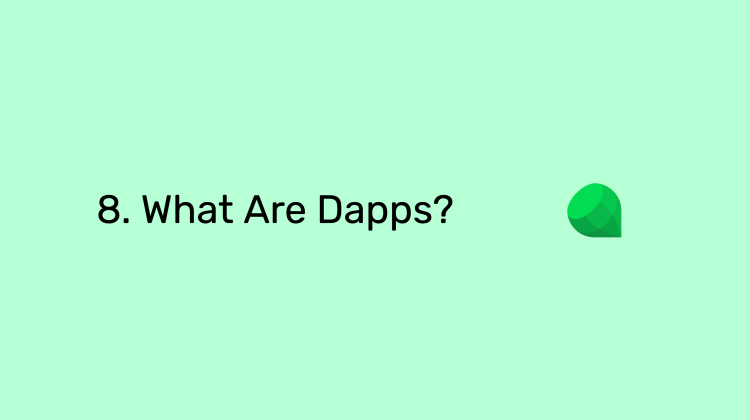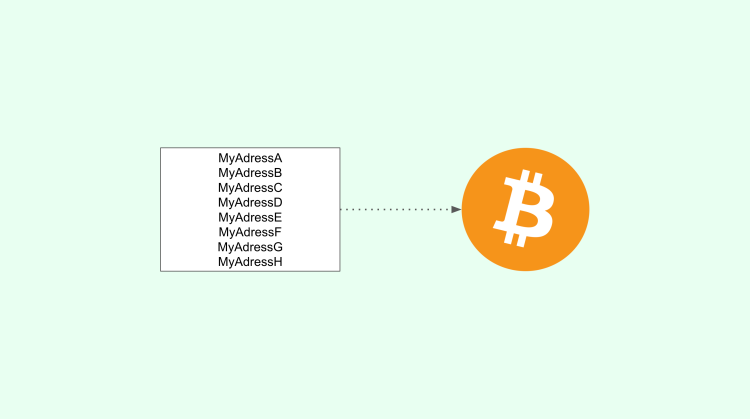Emerald Blockchain Course class 8 about dapps.
You can watch this class here:
In the following sections we will explain from what are traditional apps, to what are dapps, how they work, and why they are censorship resistant, permissionless, and immutable.
1. What are traditional apps?
Apps are software programmes on our computers and phones.
When we use apps in our computers or phones, those are centralized services because their software and backends are controlled and run on the servers of corporations.

This is a threat to wealth and privacy as apps may be censored, disallowed, modified, and prohibited by the corporations themselves or by governments.
For example, when we use banking services, they hold our wealth and transactional information, so they can exclude users, censor them, confiscate assets, and they usually give all our information to the government upon request.
Billions of people around the world suffer the consequences of this centralized and insecure paradigm.
2. What are dapps?
As the term "app" is short for "application", the term "dapp" is short for "decentralized application".
When we use dapps, those are decentralized services because they run on smart contracts blockchains such as Ethereum and Ethereum Classic.

Because smart contracts blockchains are decentralized and secure, dapps become censorship resistant, permissionless, and immutable.
This enables a high level of security for our wealth and information as it is practically impossible to tamper with and confiscate wealth and arbitrarily modify data inside blockchains.
3. What are dapps for?
Dapps may be token swap exchanges, NFTs, stablecoins, NFT markets, blockchain domain systems, games, or any other kind of service.
In the future, there will be many more use cases for dapps, especially for services that require high levels of security and protection of individual property, agreements, and data.
4. How do dapps work?
Dapps work with crypto wallets to send transactions.

The three main components of a dapp are the connection with a crypto wallet such as Emerald, a dapp website to use the services and create transactions, and the back end of the logic and data of the dapp as smart contracts, which are software programmes, inside smart contracts blockchains.
When we use a service and want to send a transaction, the dapp website will setup the transaction and the crypto wallet will be used to sign the transaction, with the user's private key, and send it to the blockchain to be executed by means of the smart contract associated with the dapp.
5. What dapps are available today?
There are many dapps in Ethereum and Ethereum Classic, which are the smart contracts blockchains that Emerald supports.

There are dapps for token exchanges, NFTs, lending and borrowing, investments, games, interconnection between blockchains, blockchain domain name services, and more.
Thank you for following this class!
Please download and start using Emerald here:



